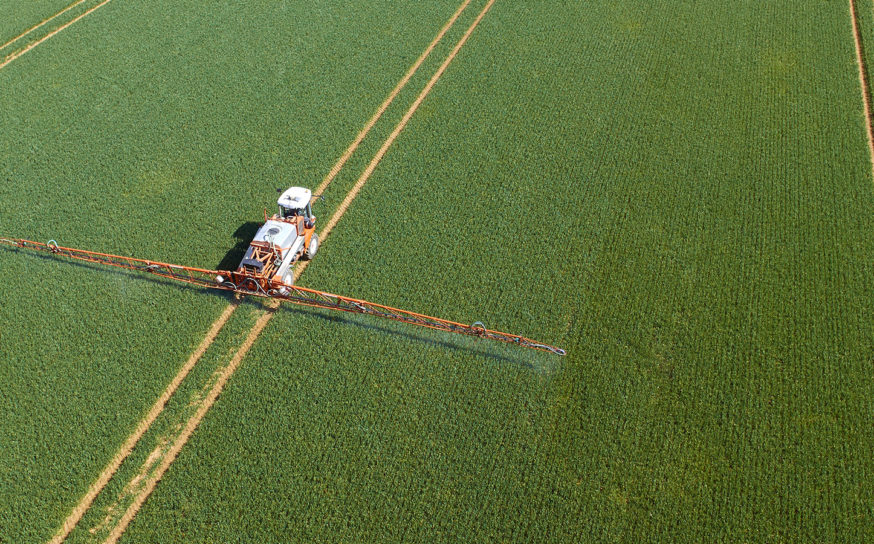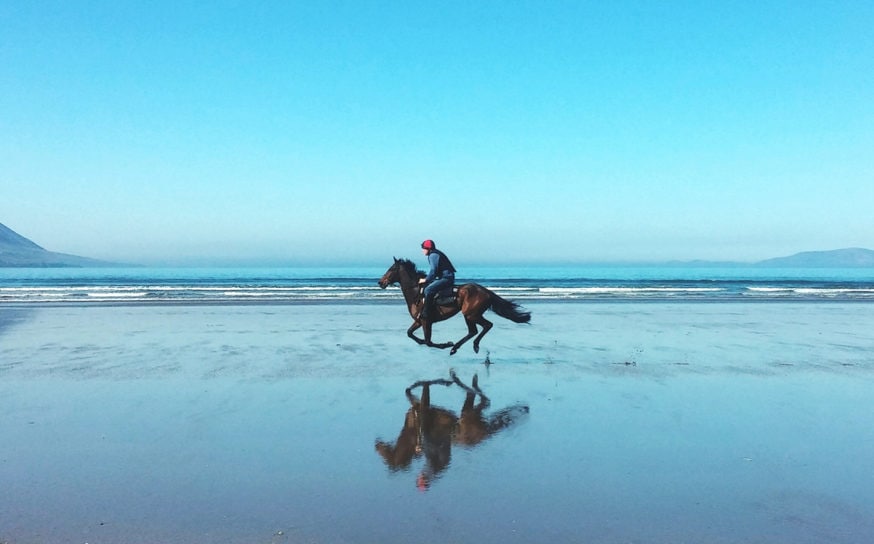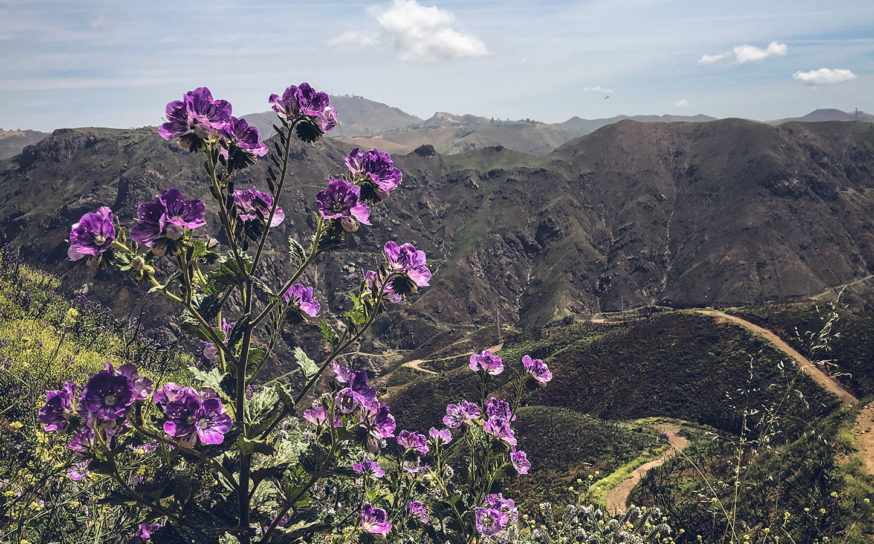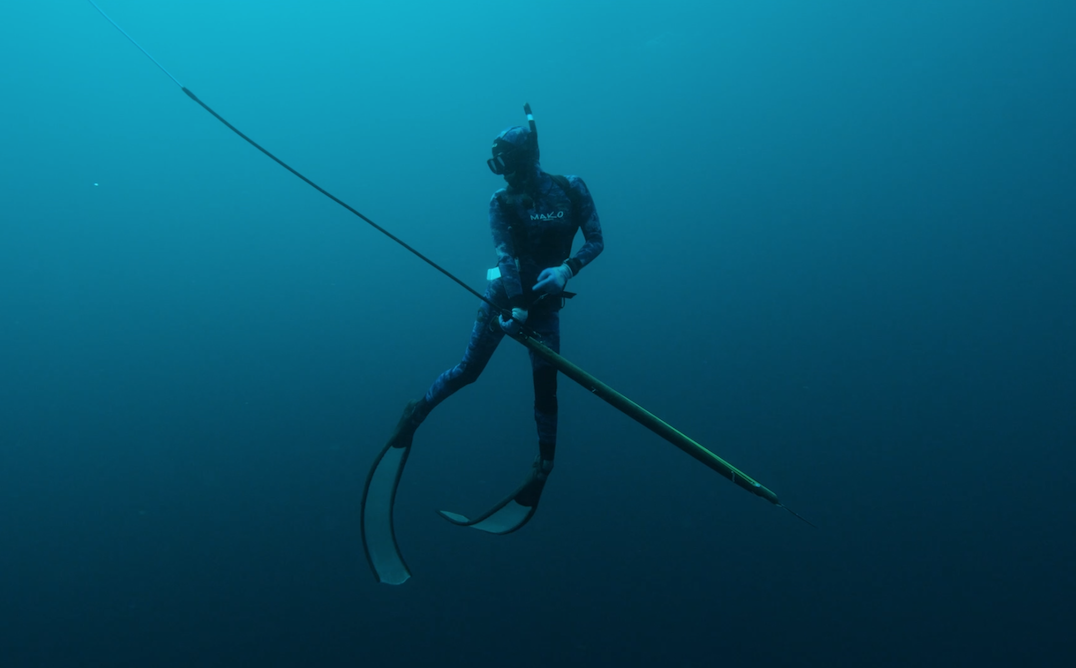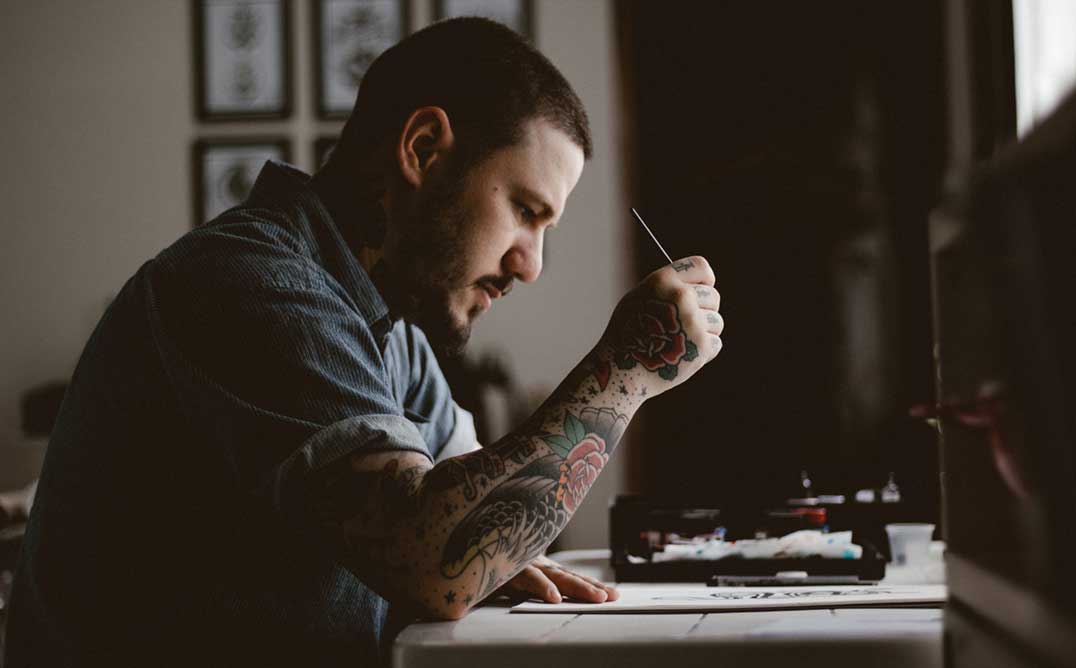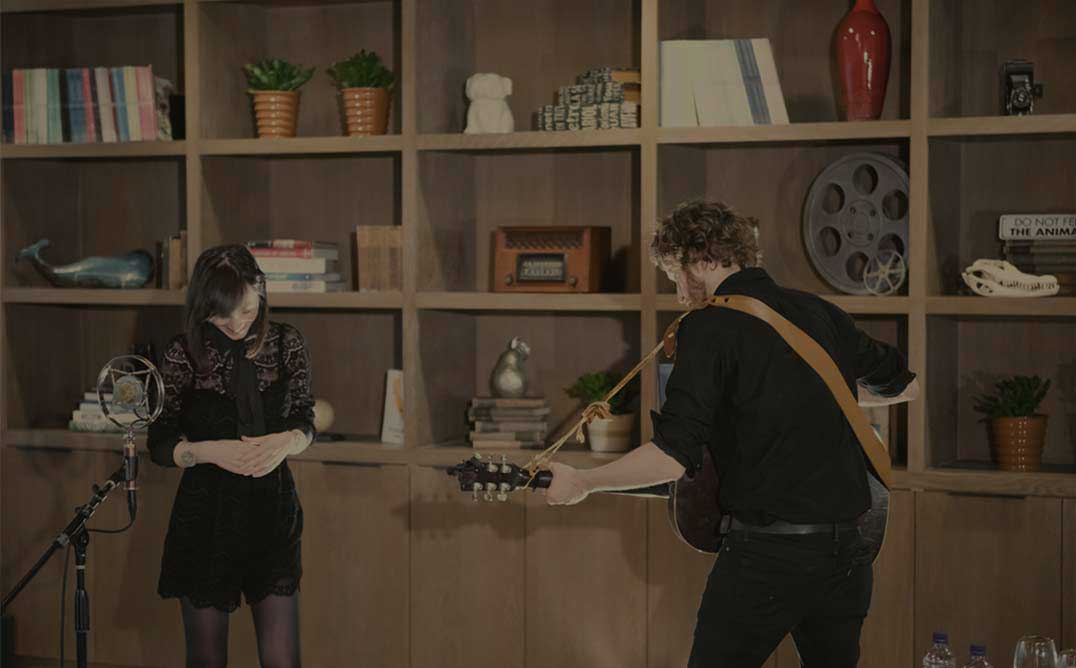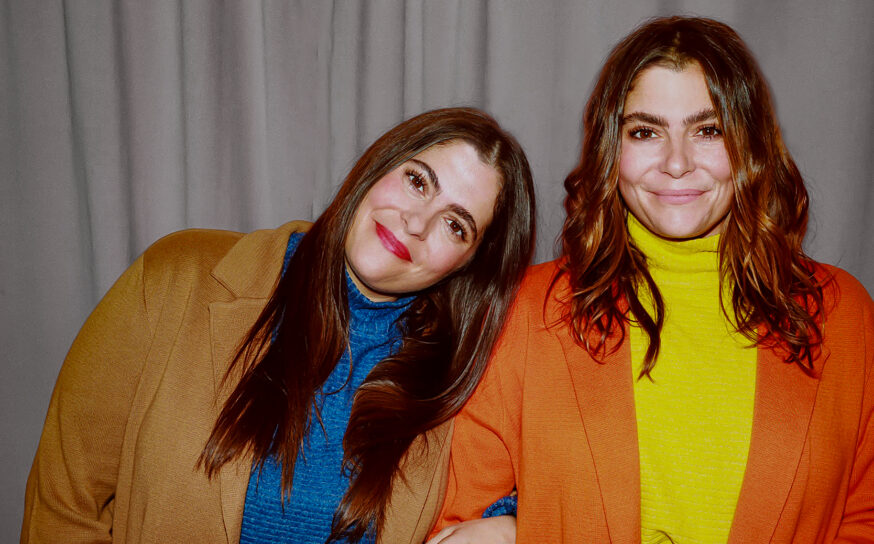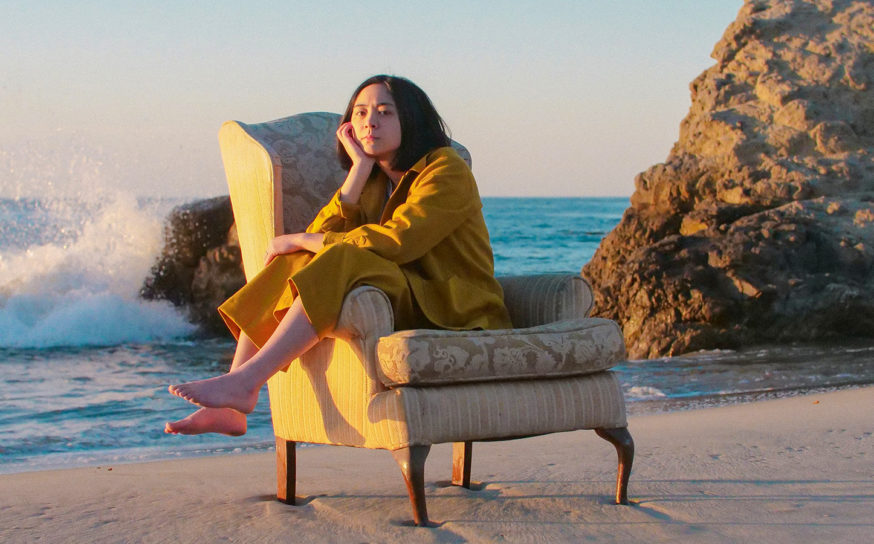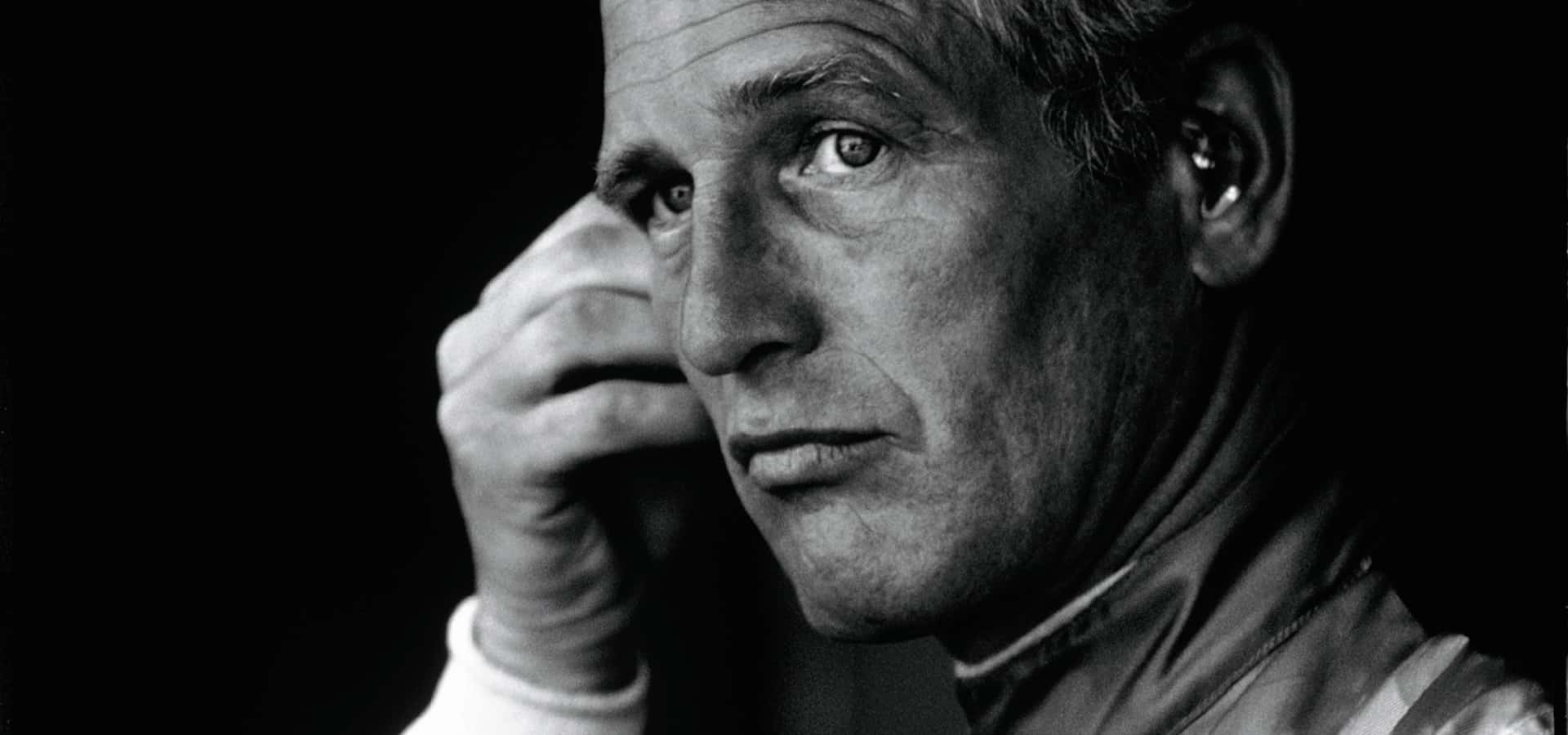
He Immortalized Some of the 20th Century’s Most Fabled Iconoclasts
From Hunter S. Thompson to Muhammad Ali, Al Satterwhite’s subjects speak for themselves.
-
CategoryArts + Culture, Visual Art
-
Written byJack Zellweger
-
All images ©Al Satterwhite
We flipped the narrative this time. Al Satterwhite is markedly uncomfortable in front of the camera.
“I’m not used to this!” he remarks as I snap photos of him in his Torrance apartment. Al leads me through his career in photos on his home’s walls. Walking around the room is like walking through time. It’s an impressive body of work.
How did he accumulate so many photographs?
Al’s career in photography blossomed, but it started with humble beginnings. Born in 1944 in Biloxi, Mississippi, he moved to St. Petersburg, Florida, at an early age. He found his passion in high school at his local paper’s student section, and by graduation it was more than a hobby. He had joined the staff of the local newspaper, the St. Petersburg Times.
Al then took his talent to college, where he started shooting at the University of Florida’s student paper. “I developed all my own photos in their darkroom,” he shares. “I had unlimited access there.”
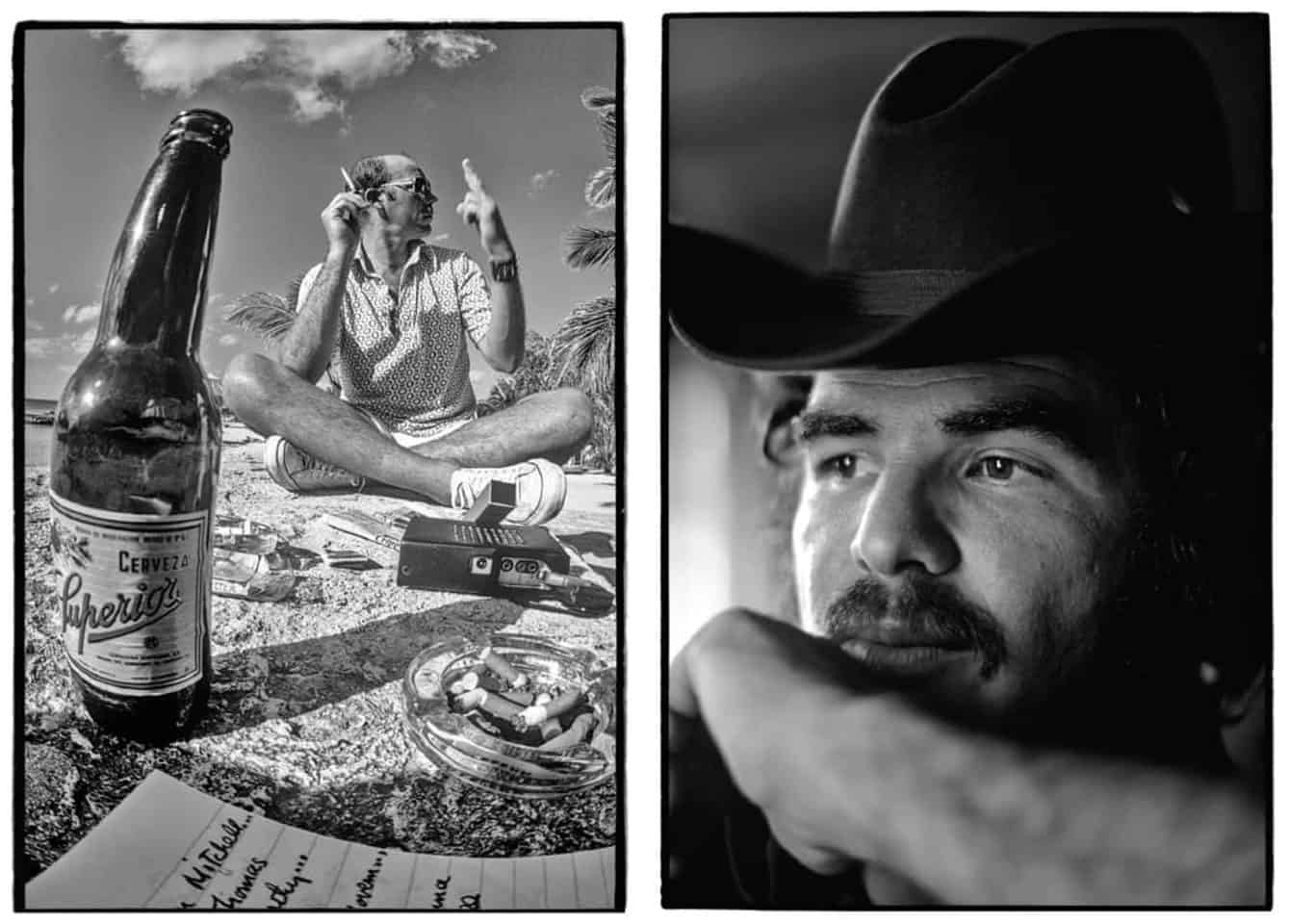
But Al started college in a major he came to realize wasn’t for him: aerospace. “I was a terrible student,” he remarks as he recounts all the required science and mathematics classes. “I barely passed my freshman year.”
Eventually he switched his major—and even his college—from aerospace at the University of Florida to photojournalism at the University of Missouri. It was there Al built a darkroom in his apartment.
“You don’t need much for a darkroom,” he notes. “You just put black plastic sheets over the windows … and use your bathtub for the chemical trays.”
He worked hard on his craft and developed hundreds of black-and-white frames over the course of his time at school. After five years of college, Al ended up getting only a two-year AA degree. “I realized I had gotten as much of a college education that I was ever going to get,” he says. “You’re only as good as your last shot anyway!”
Al returned to St. Petersburg, shooting for his local paper, but wanted to get out of the newspaper business. He soon became the personal photographer of then-Florida Governor Claude Kirk Jr. “I spent the majority of my time in a Learjet traveling with the governor,” he says.
But after 13 months he quit to start the next chapter of his life. “I got bored of politics,” he adds, laughing.
After his experience with the governor, Al was hungry for exposure and had big dreams of getting photos in LIFE and Time. “You could make a name for yourself if you went to Vietnam,” he says. “You could get killed, but you could also make a name for yourself.”
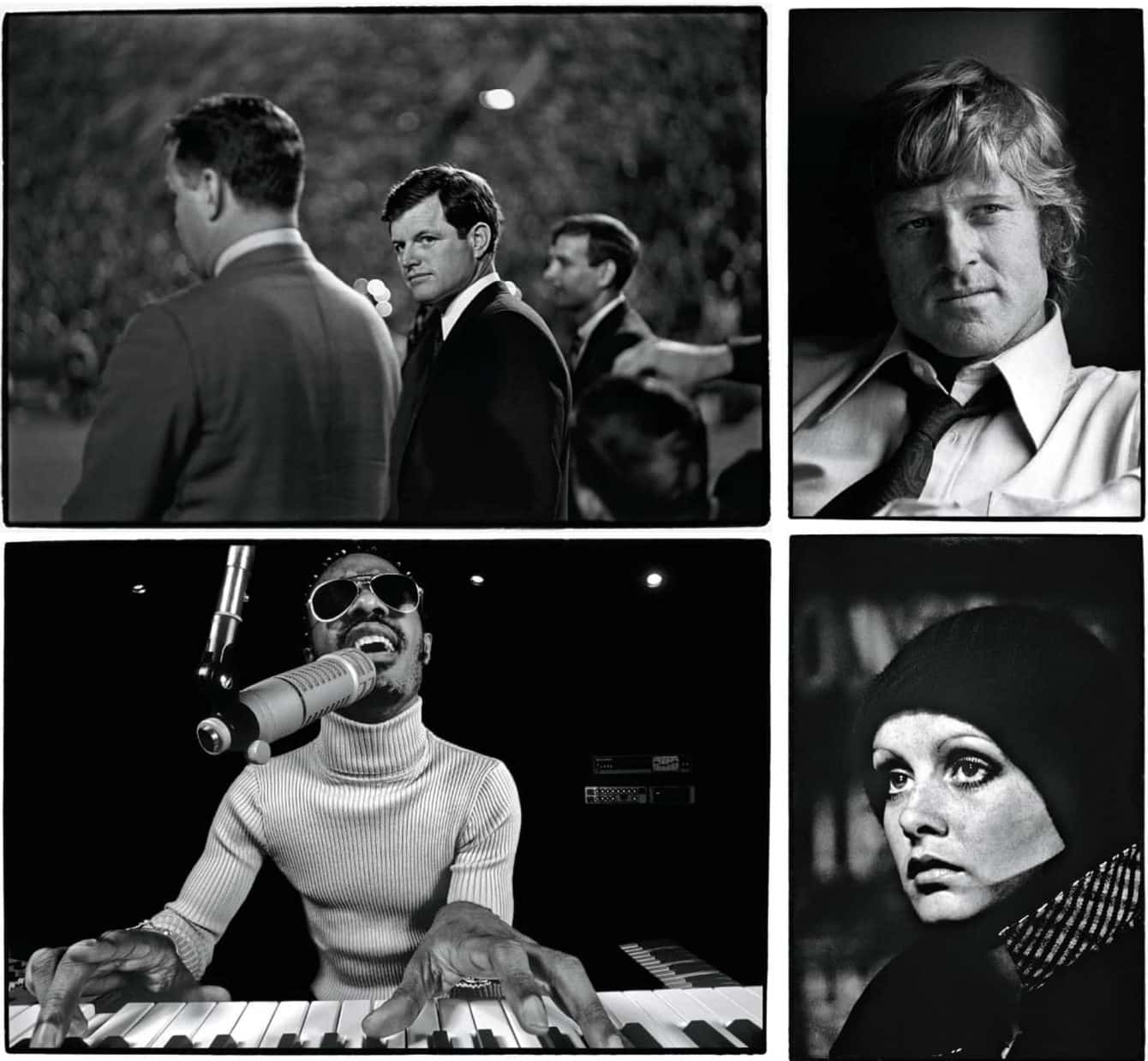
Al continued to work for his local paper, joined a local army reserve unit and planned to join his best friend, Robert J. Ellison, chasing big dreams in Vietnam. The military didn’t see it his way. While Al stayed behind, Robert went on to photograph the war and make quite a name for himself, producing timeless images that were printed in national magazines.
Unfortunately, Robert didn’t live to see his photographs published. “He was the closest thing I ever had to a brother,” recalls Al. “We argued cats and dogs, but we were on the same wavelength and we both loved photography. It was the single worst day of my life, the day I got a call from AP that he had been killed. That kind of soured the whole deal on Vietnam.”
Sticking to photography, Al went on to have a successful freelance career, shooting for Fortune, LIFE, Travel + Leisure, Newsweek, Playboy, Sports Illustrated and People. Despite his success, Al says, “Freelance is hard. You’re always looking for work. You can never turn anything down. The first seven, eight, nine years of my life as a photographer, when I first started freelancing, I’d get one job a month, $150 to $200 per day. It’s not a lot of money!”
Despite the financial struggles early in his career, Al has no regrets about his trajectory. “I wouldn’t have been doing it if I didn’t love it,” he says. “I’ve gotten to travel and meet a lot of people in Europe, Australia, Africa, you name it. I’ve shot people whose religion involved handling snakes. One time I got onto the floor of the French stock exchange to take photos, just by talking. These are the skills you pick up—you could drop me in any country, and I could figure out how to get by, how to get a meal, how to get some money, and how to get where I need to be to get the job done.”
Read more about Al’s career and his famous faces here.
California Seeks to Ban a Pesticide Linked to Developmental Disabilities
Meanwhile, the EPA is fighting to keep it.
Saddle Up With These Beautiful Places to Ride Horseback in Northern California
We’re ready to gallop into 2020.
The Backbone Trail in the Santa Monica Mountains Welcomes Back Hikers
The dramatic pathway closed following last year’s devastating wildfire.



